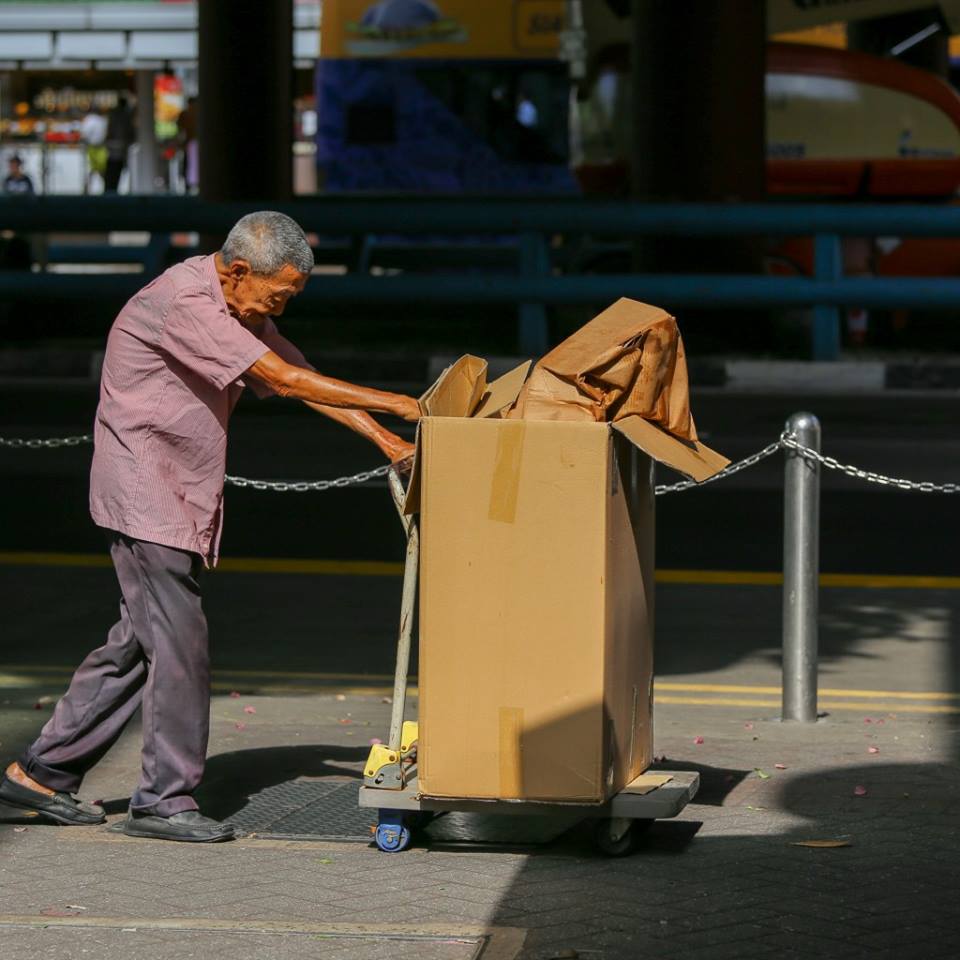Being poor in a rich “nanny state”: Developments in Singapore social welfare
March 20, 2018

Every third Tuesday in March, the International Federation of Social Workers commemorates World Social Work Day in 116 member countries, including Singapore. Despite the dedication of social workers, are the odds stacked against them in helping to reduce socioeconomic inequality in Singapore?
In ‘Being Poor in a Rich “Nanny State”: Developments in Singapore Social Welfare’ (2015), Assoc. Prof. Irene Ng (Dept. of Social Work) reviewed local trends in poverty and inequality, along with policy recommendations, from Singapore’s independence to 2015. Inequality is discussed in terms of salaries, employment conditions, social challenges associated with poverty, and intergenerational mobility. Although Singapore’s social policy remains productivist and based on self-reliance, more welfare-oriented and inclusive policies to ameliorate high levels of socioeconomic inequality are slowly being adopted.
Furthermore, the structural nature of poverty today and greater stratification of society has made poverty reduction increasingly difficult. Poor people in contemporary Singapore are a socially isolated minority with limited access to and skill at utilizing networks and resources that could assist them. Contrarily, the wealthy are insulated from and uncomprehending of poor people’s difficulties. Assoc. Prof. Ng adds that contemporary poverty also results from globalization and technological development for economic competitiveness. She recommends that social welfare be based not only on pragmatism, but also on moral principles.
The article was published in the Singapore Economic Review.
To read the full article, click here.
